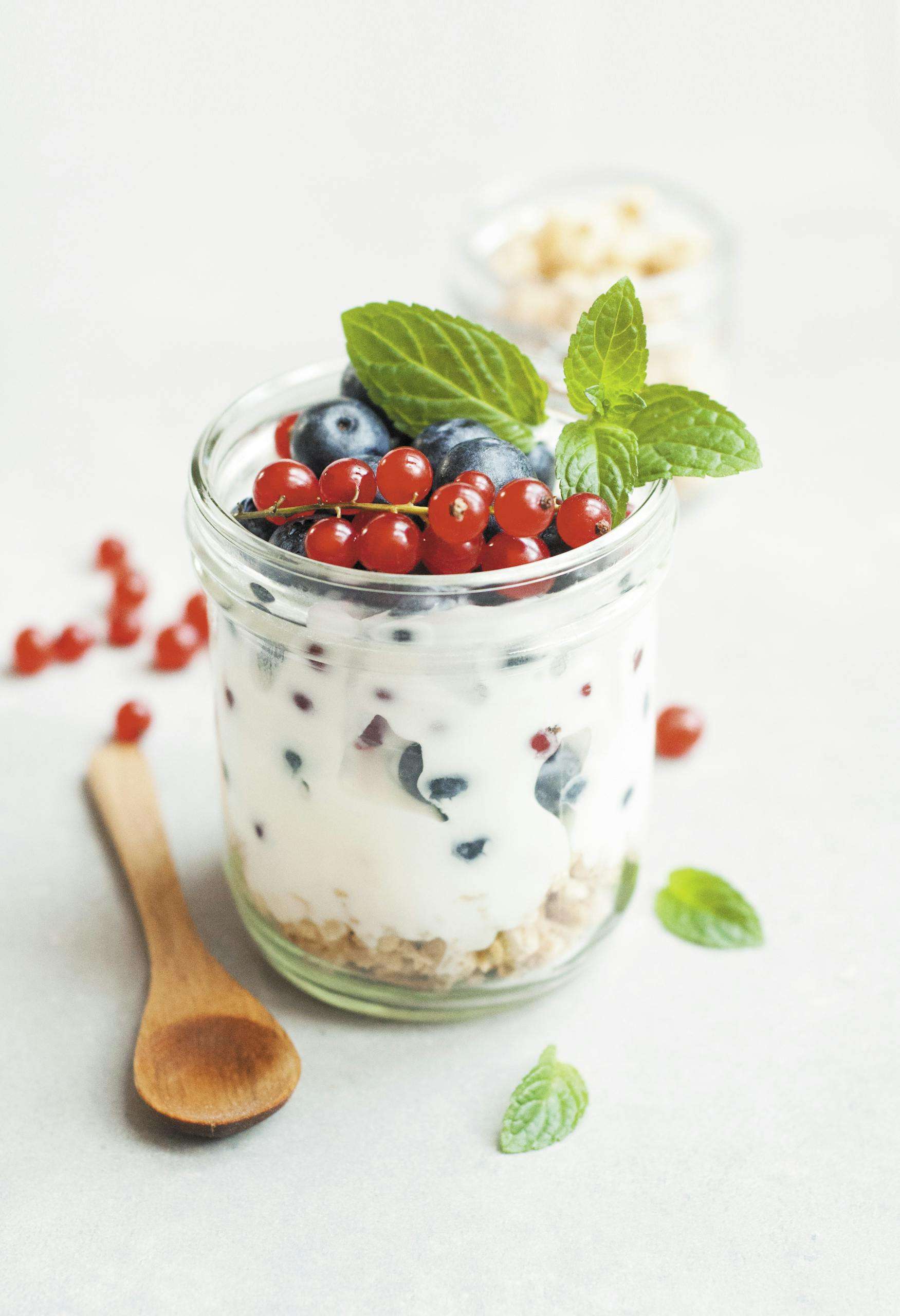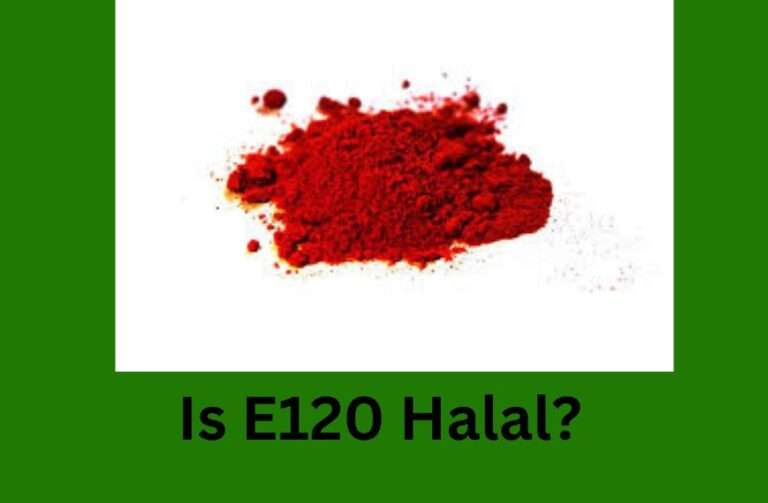Is Yogurt Halal or Haram for Muslims?
Yogurt is a popular dairy product enjoyed worldwide and is known for its tangy taste and health benefits. This article delves into what makes yogurt halal or haram, discusses relevant Quranic verses and Hadiths, explores the use of non-halal additives like gelatin, and provides guidance on choosing halal-certified yogurt. The question arises for Muslims following halal dietary guidelines: Is yogurt halal?
ANSWER: YES, YOGURT IS HALAL.
Relevant Quranic Verses and Hadiths
When determining whether a food item is halal or haram, Muslims often turn to the Quran and Hadith for guidance. The Quran emphasizes the importance of consuming pure and lawful foods. Allah says in the Quran:
“O you who have believed, eat from the good things which We have provided for you and be grateful to Allah if it is [indeed] Him that you worship.” (Quran 2:172)
The Hadiths also emphasize the significance of avoiding doubtful matters. This principle applies when considering additives like gelatin in yogurt. Muslims are advised to avoid foods with haram (forbidden) ingredients to maintain purity in their diet.
Is Yogurt Halal for Muslims?
Plain yogurt made from milk and live bacterial cultures is generally considered halal. However, issues arise when additional ingredients are added, such as flavors, thickeners, stabilizers, and preservatives. Some of these additives can be haram, making it essential to check the ingredient list and ensure that the yogurt is free from non-halal substances.
Gelatin and Other Non-Halal Additives in Yogurt

One of the primary concerns in determining whether yogurt is halal is the presence of gelatin. Gelatin is commonly used in yogurt to improve its texture and consistency. However, gelatin is typically derived from pork or non-halal slaughtered animals, making it haram for Muslims.
Alternatives to Gelatin in Yogurt
Fortunately, there are halal alternatives to gelatin that are used in many yogurt brands:
- Agar-Agar: A plant-based gelatin substitute derived from seaweed. It is halal and suitable for vegetarians and vegans.
- Pectin: A natural thickening agent obtained from fruits. It is commonly used in yogurt and is considered halal.
- Cornstarch and Guar Gum: These are also halal thickeners and stabilizers that provide a creamy texture without using animal-based gelatin.
Addressing Common Concerns
Some concerns about yogurt include:
- Alcohol in Flavors: Some flavored yogurts may use alcohol-based flavor extracts. It is essential to verify that the flavors are alcohol-free.
- Enzymes in Yogurt Production: Enzymes used in the production of yogurt may be animal-derived. Look for “microbial enzymes” or “vegetarian enzymes” on the label to ensure they are halal.

Halal Certification Concerns
To ensure that yogurt is halal, look for halal certification on the packaging. Halal certification from a recognized authority ensures that the product has been thoroughly checked for any non-halal ingredients or processes. Some well-known halal certification bodies include:
- Halal Monitoring Committee (HMC)
- Islamic Food and Nutrition Council of America (IFANCA)
- Halal Food Authority (HFA)
Final Take
Yogurt can be halal or haram, depending on its ingredients. Plain yogurt made from milk and live cultures is halal, but caution is needed when it comes to flavored yogurts and those with added stabilizers or thickeners like gelatin. By looking for halal certification and being mindful of the ingredient list, Muslims can make informed choices in line with their dietary principles.







